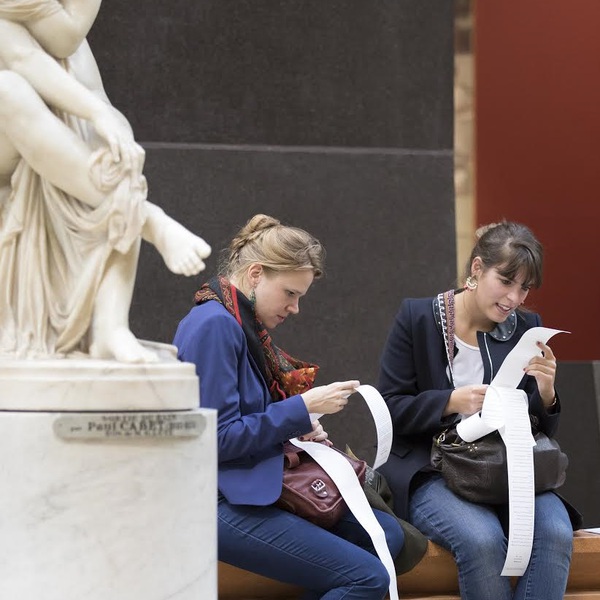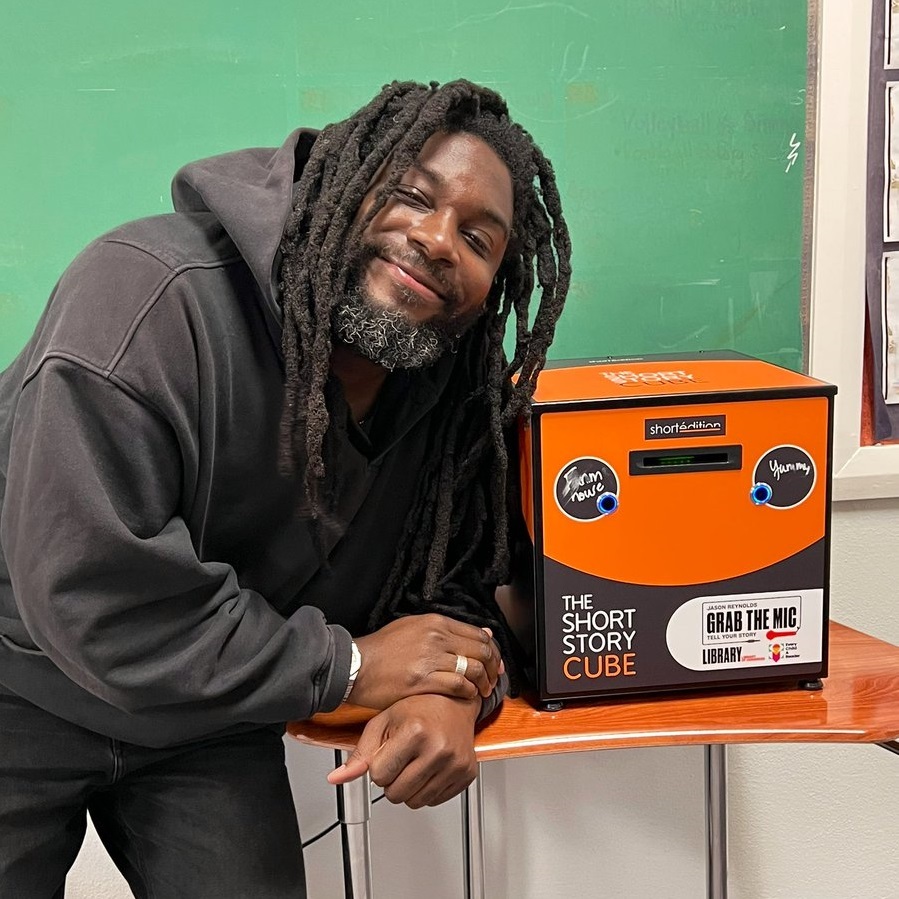Pa had always had a lot of respect for Sam's grandmother.
That must have been at least partly to do with what people in the village used to say about her.
Pa used to say that civilization took
...
[+]








